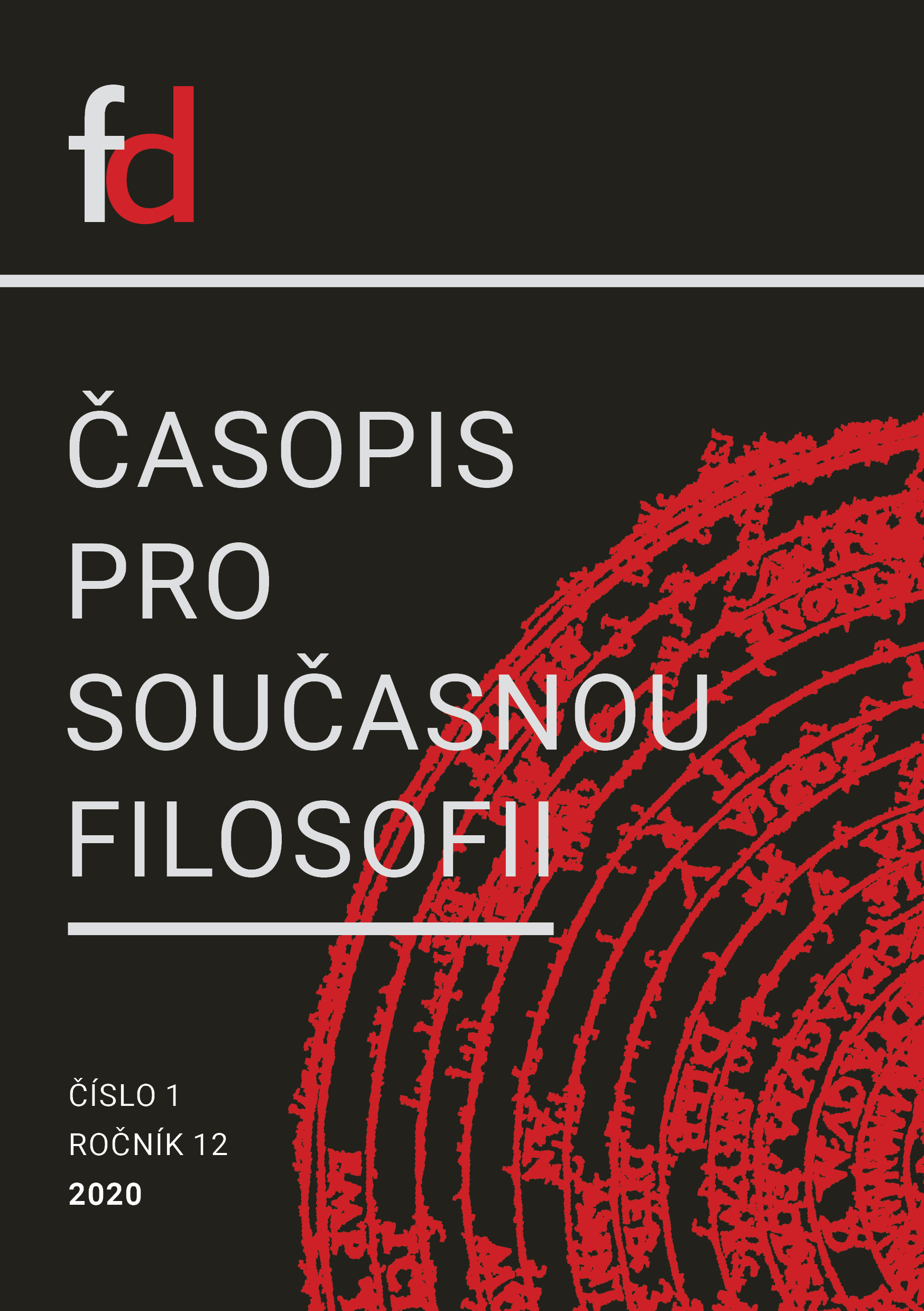„Dějiny literatury skýtají výjimečnou ilustraci“
literatura, moderní svět a vědomí v knize Terezy Matějčkové
DOI:
https://doi.org/10.26806/fd.v12i1.320Abstrakt
Tereza Matějčková se ve své knize vztahuje k literárním obrazům světa: komentuje Hegelovy filozofické výklady literárních děl (Sofokles, Diderot, Goethe, Schiller) nebo interpretuje literární díla autorů 20. století (Semprún, Jünger, Marguerite Yourcenar). Její komentáře a interpretace se dotýkají problémů a témat, které podstatně spoluvytvářely esteticko-uměleckou a kulturně-politickou mentalitu umělecké avantgardy 20. století (zejména surrealismu) a moderny. Ve svém článku se věnuji třem tématům: 1) Metafoře Theatrum mundi, kterou si Tereza Matějčková zvolila jako název 8. kapitoly své knihy; 2) problému zla, násilí a „abstraktní existence“ v moderně a zejména v surrealismu; 3) konceptu „nových mytologií“ a „lyrizace světa“ v estetických esejích Karla Teigeho.
Stahování
Publikováno
Číslo
Sekce
Licence
Autoři, kteří publikují v tomto časopise, souhlasí s následujícími body:
- Autoři si ponechávají copyright a garantují časopisu právo prvního publikování, přitom je práce zároveň licencována pod Creative Commons Attribution licencí, která umožňuje ostatním sdílet tuto práci s tím, že přiznají jejího autora a první publikování v tomto časopisu.
- Autoři mohou vstupovat do dalších samostatných smluvních dohod pro neexkluzivní šíření práce ve verzi, ve které byla publikována v časopise (například publikovat ji v knize), avšak s tím, že přiznají její první publikování v tomto časopisu.
- Autorům je dovoleno a doporučováno, aby zpřístupnili svou práci online (například na svých webových stránkách) před a v průběhu redakčního řízení jejich příspěvku, protože takový postup může vést k produktivním výměnám názorů a také dřívější a vyšší citovanosti publikované práce (Viz Efekt otevřeného přístupu).


